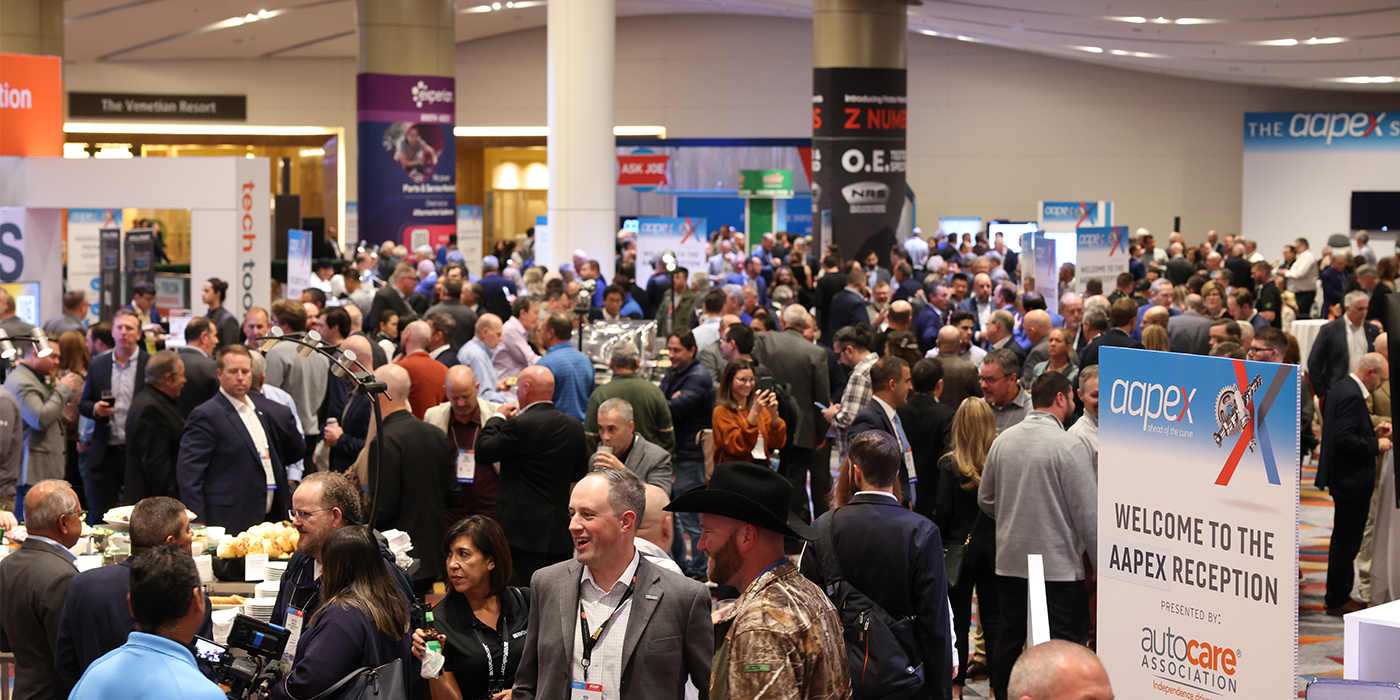By Dr. Thomas Litzinger, Executive Director, University of the Aftermarket
Creating a dynamic post-Covid organizational culture is proving to be challenging for many organizations. Initial research indicated that productivity increased when our teams first began to work remote. Team members were utilizing their drive time to start work early, working remote was new and exciting, and team members were engaged in this new method of doing business. However, with most things shiny and new, the luster eventually begins to wear off, and based on the feedback I am receiving from executives around the world, this appears to be the case when analyzing the impact of organizational isolation. Please keep in mind that an organizational culture encompasses an organization’s values, shared beliefs, and behaviors that contribute to a unique social and psychological environment.
When examining levels of productivity, efficiencies, and proficiencies executives are beginning to share with me that these key attributes in their organization are starting to decrease. Unfortunately, we will not fully understand the impact of Covid on our society and organizations for many years. The depth of fear, anxiety, and social isolation will inflict an adverse impact on our psychological well-being for years to come. Additionally, many executive teams were in survival mode and simply did not have the energy or fortitude to study the impact that working remote was inflicting on their organization. It is specifically the psychological impact that is contributing to decreased levels of productivity, efficiencies, engagement, and team moral. Teams are becoming less and less engaged and even the most proactive executives are interacting with their remote teams on an inconsistent level. The adage “out of sight, out of mind,” rings loud and true.
As our team members become more isolated and disconnected, organizations are experiencing increased levels of detachment. Our increased levels of detachment are making it more difficult for organizations to maintain their organizational culture which creates a significant void in our values, shared beliefs, and behaviors.
When organizations experience a void related to their values, or when opposing values collide, the result is conflict. Conflict in the workplace contributes to decreased levels of self-worth and self-esteem for our team. Teams who are experiencing these feelings are confronted with lower levels of confidence which contributes to low morale. When an individual is not feeling confident in their role or in society, they are more likely to think negative thoughts. Simply put, when organizational morale is low, team members are less productive and uninterested in creating and maintaining efficiencies. It is easy to recognize why this progression can inflict a downward spiral within our organization. It is nearly impossible to demonstrate our organizational culture when we are removed from the day to day; a key ingredient of lead by example. Furthermore, many personalities draw energy and focus from social interaction with their team. This is very difficult to achieve when our team is isolated from interactions with leadership.
Our challenge as leaders is to devise new strategies that contribute to increased levels of engagement and to our competitive advantage. Ultimately, our culture in intrinsically connected to how our organization performs, how we service our customers, and how we meet and exceed our goals and objectives. Innovative organizations are actively examining how to invigorate their culture when team engagement is at an all-time low and organizational isolation is at an all-time high. Our values, shared beliefs, and behaviors are essential to increasing our marketshare and distinguishing ourselves from the competition.
For new, innovative strategies related to organizational culture and how isolation is impacting your results, reach out to Dr. Thomas Litzinger at Northwood University’s, University of the Aftermarket at 586-215-9796 or [email protected].














